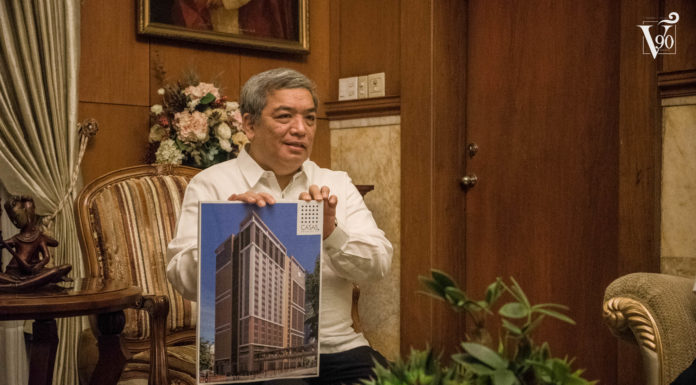 DURING the height of monarchy in Europe, the Church already had power over the affairs of the kings and his officials. In July 1533, Pope Clement VII issued a bull of excommunication to Henry VIII for invalidating his marriage to Catherine of Aragon in order for him to marry Anne Boleyn and the abolition of papal jurisdiction.
DURING the height of monarchy in Europe, the Church already had power over the affairs of the kings and his officials. In July 1533, Pope Clement VII issued a bull of excommunication to Henry VIII for invalidating his marriage to Catherine of Aragon in order for him to marry Anne Boleyn and the abolition of papal jurisdiction.
But even before the Church was built by St. Peter, excommunications already happened before and a little after the time of Jesus Christ, some of which were the exclusion of condemned Jews from the synagogue and St. Peter’s regular excommunication of the incestuous Corinthians.
In the recent year, the Church excommunicated Sister Margaret McBride, an Irish nun and an administrator of St. Joseph’s Hospital and Medical Center in Phoenix, Arizona for saving a mother’s life by aborting the woman’s 11-week-old fetus.
Since time immemorial, the Church has held the power to expel members of its community whenever they do not adhere to canon law. It is one of the many prerogatives of the Church that many men, including those who are part of the clergy, fear because a loss of religion, especially Catholicism, makes them less of a human being.
What strikes me the most is that that power is now only applicable to the religious like Sister Margaret. Would that mean that those who are not totally committed to a life of prayer, like politicians, are exempted from excommunication?
In an era of globalization and in a country plagued by corruption, there are those who are contenders to receive this kind of punishment, and it may be severely endowed to those who are deemed to be breaking, not only the laws of the Church, but also laws of the land.
In a country like the Philippines where Catholicism is dominant, politicians are always the number one contenders with their un-Christian-like behavior. Some of them, or most of them, break more Church laws than state laws. One of the most common crimes in politics is political killing, most or all occur during elections. According to Philippine Center for Investigative Journalism, political killings are an endemic problem fuelled by the culture of impunity. Murder, it seems, is considered as a necessity for power struggle.
But more importantly, it is a problem of Christianity since killing violates the law that has been established since the time of Moses.
But why has the Church done nothing to discipline these diminished beings who defile not only the dignity of the laws but also the dignity of human beings?
It seems the Church has grown patient. They are continuing to tolerate the mischief our government officials, who are supposed to be our saviors, created by seeking audience or by simply praying for the cause that politicians should be supporting.
Nowadays, I see news of bishops calling for charity, embodied by some institutions such as Gawad Kalinga, or supporting advocacies such as Bishop Jose Oliveros’ support of stopping organ donation worldwide and the Catholic Bishops Conference of the Philippines’ opposition to sex education that calms the Church in enforcing divine punishment, which means guilty Catholics can sleep well at night after exploiting the lives of thousands, even millions, of Filipino citizens in their immoral attitude at daylight.
But luckily for these blasphemers, the Church has not even, most especially the likes of Ricardo Cardinal Vidal and Gaudencio Cardinal Rosales, provoked the intention of threatening them with excommunication because she (Church) is merciful.
They, however, shall not abuse the mercy of the Church and push its limits because they would not like the treatment they will receive especially from those devout Catholics from Quiapo and Baclaran.
On a higher note, if President Noynoy Aquino or any other politician decides to tread upon immoral grounds, it is likely for him to be hated not only by ancestors but also the Church, its followers and consequently, as most are Catholics, the Filipino themselves.
If so, it may be time to start walking straight to the Vatican, like what King Henry IV did to ask for forgiveness after being issued a bull of excommunication for the second time by Pope Gregory.















